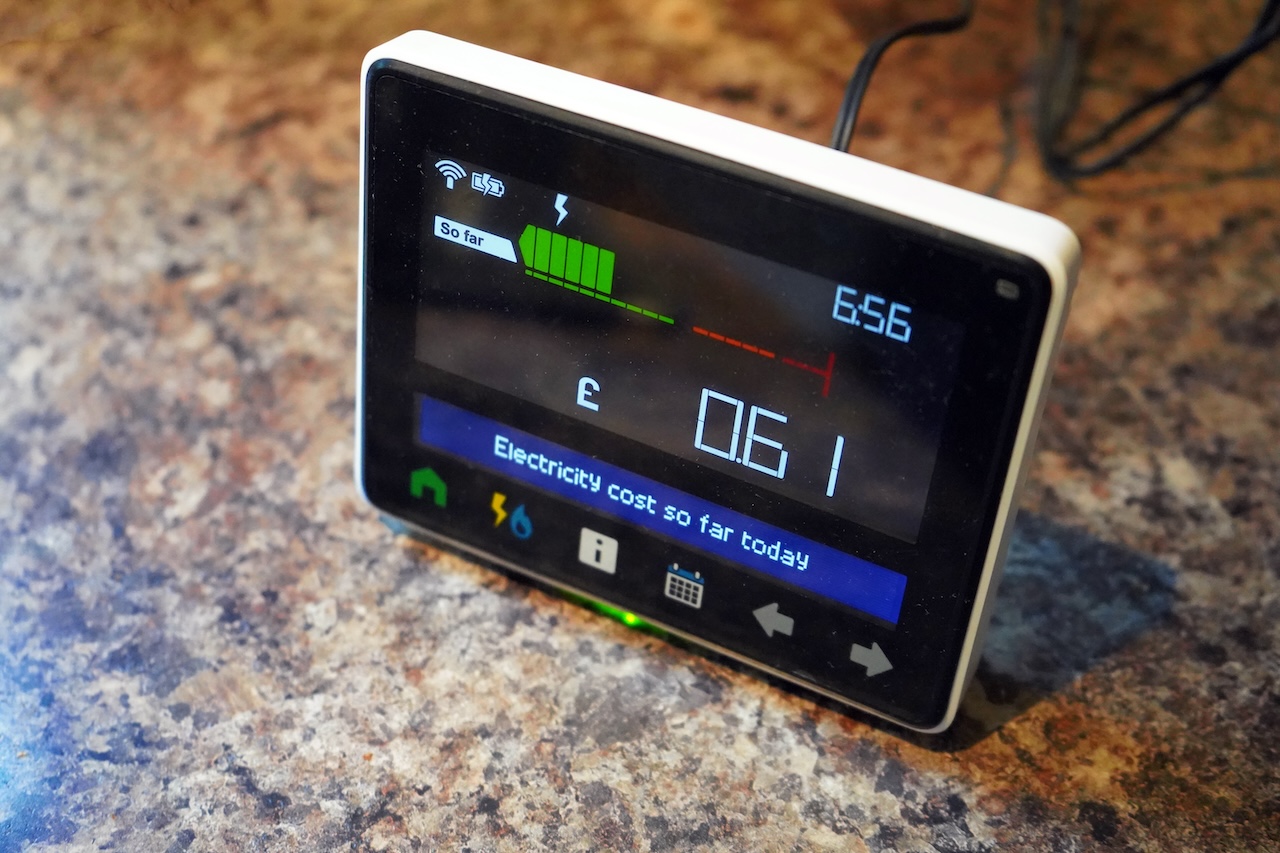If you need to look after an empty house – for example, throughout the probate process – then you’ll have certain responsibilities for keeping it safe. You may also have to take responsibility for paying the house’s utility bills.
In this post, we’ll discuss how much electricity you might expect an empty house to use, and share some energy management tips for empty properties.
If you have any specific questions about your property, particularly regarding risk management or home insurance, our friendly team is always happy to help. Get in touch by calling 0208 290 9086 or emailing personal@anthonyjones.com.
How is Electricity Use in The Home Measured?
We measure a home’s energy consumption in kilowatt hours (kWh). This unit of measurement can be a little confusing, as it isn’t really a measure of the number of kilowatts you’re using in the space of an hour. Instead, one kWh is the amount of energy you would use if you were running a 1,000 watt appliance continuously for an hour.
Different household appliances use varying amounts of energy. The size of the house will also affect its energy usage. A small mid-terrace house will use less energy per year than a large, detached house, for instance.
How Much Energy Does the Average House Use?
According to OVO Energy, the average UK house uses 7.5kWh of electricity per day.
For a house to use the average of 7.5kWh per day, we must assume that there’s a lot of appliance use going on: Taking showers, cooking in ovens, running dishwashers and driers, watching TV, keeping fridges and wireless routers running – it all adds up!
How Much Electricity Does an Empty House Use?
There may be less appliance use going on in an empty house, but certain appliances will still be running. The fridge is likely to be the biggest source of energy use. Running a fridge freezer can use up to 3,200 watts per day. And if you keep items like TVs or computers on standby, they’ll still use energy. Not much, but once again, it all adds up!
So how much electricity does an empty house use? You should expect it to be significantly less than 7.5kWh per day, depending on which appliances you leave on, but don’t expect it to be zero.
How To Reduce Energy Use in an Empty Home
Obviously, unplugging all of the appliances in the home will make a huge difference to the amount of electricity used. However, even if the house were to use zero electricity, the utility company may still charge you a flat fee for delivering electricity to the property.
The only way to reduce the utility payments on an empty house to zero would be through disconnecting all of the electricity entirely. However, there are numerous reasons why it’s a good idea to keep the utilities connected, even in an empty house:
- It can cost money to disconnect a property. And when you want to reconnect, you’ll have to pay again.
- It’s good practice to keep the heating running in an empty property, as it can prevent pipes from freezing, which can prevent floods.
- Using a timer to let the lights, or the TV or radio, come on at set times each day can help deter burglaries.
- If you’re planning on selling the empty property, keeping it lit and heated can make it seem more appealing to potential buyers.
The pros of keeping an empty property connected to the grid can justify the small amount you’d have to pay in utility bills. Yet if you’re really worried about bill payments, contact your utility company to ask about switching to an unoccupied property tariff.
Keep Your Unoccupied Property Safe With Specialist Insurance
Most home insurance properties only provide cover for occupied homes. If the home’s going to be unoccupied for 30 days or more, you may need to get specialist insurance to cover the extended period.
We can sort you out with specialist insurance to give you all the cover you need for the unoccupied period. Get in touch by calling 0208 290 9086 or emailing personal@anthonyjones.com.


